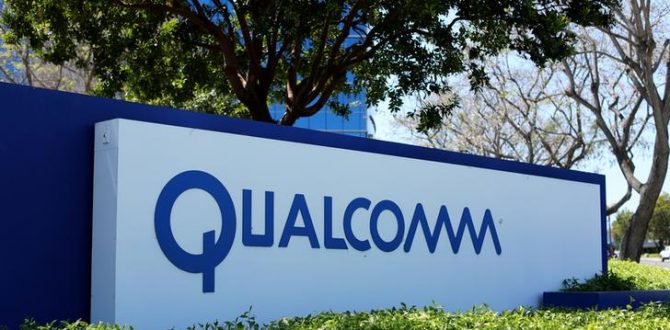“With tax reform, we are well positioned to complete a large stock buyback that will deliver essentially the same level of accretion to Qualcomm stockholders as if we had closed NXP,” Qualcomm Chief Financial Officer George Davis said in a webcast. “Our preference is to close NXP, but not at all costs.” Under legislation approved by U.S. lawmakers in December, U.S. companies may repatriate overseas cash at a 15.5 percent tax rate compared to the standard 35 percent rate. This has prompted companies such as Qualcomm to think about tapping overseas cash in new ways.
Qualcomm shares closed 4.38 percent higher to $68.25. Broadcom’s offer, unveiled on November 6, valued Qualcomm at $70 per share. NXP closed at $119.40, above the $110 Qualcomm bid. Bank of Montreal analyst Tim Long said in a research note that he was encouraged by Qualcomm’s “more aggressive stance,” but believed that 5G technology would take longer than expected to materialise, making the company’s 2019 targets more difficult to achieve.
Qualcomm is trying to show investors that Broadcom’s $103 billion cash-and-stock offer significantly undervalues the company. Qualcomm forecast adjusted per-share profit of $6.75 to $7.50 in 2019, on revenue of $35 billion to $37 billion. Analysts on average expected a profit of $3.79 per share on revenue of $23.59 billion, according to Thomson Reuters I/B/E/S.
The company plans to achieve its new profit target through a new $1 billion cost reduction plan and by resolving current licensing disputes, including with Apple. The $1 billion cost plan contrasts with Broadcom’s proposed $3 billion in annual cost cuts at Qualcomm. Qualcomm plans to reduce spending in four main areas, including selling, general and administrative expenses (SG&A). It also said it had already completed some of its 5G technology investments, which could lower spending in research and development.
Broadcom responded on Tuesday by calling the plan “a transparent attempt to sell a quick fix by the Qualcomm board of directors and management team and an obvious tactic to deny its own stockholders the opportunity to receive a compelling premium.” Broadcom made its first formal move towards a hostile bid in December, laying out a slate of 11 nominees it wanted to put on Qualcomm’s board. Qualcomm has rejected the nominations, and its shareholders will be asked to vote on them in March.
Excluding the royalty revenues and certain product revenues from Apple and other licensees in dispute, Qualcomm expects to earn $5.25 per share in 2019.






